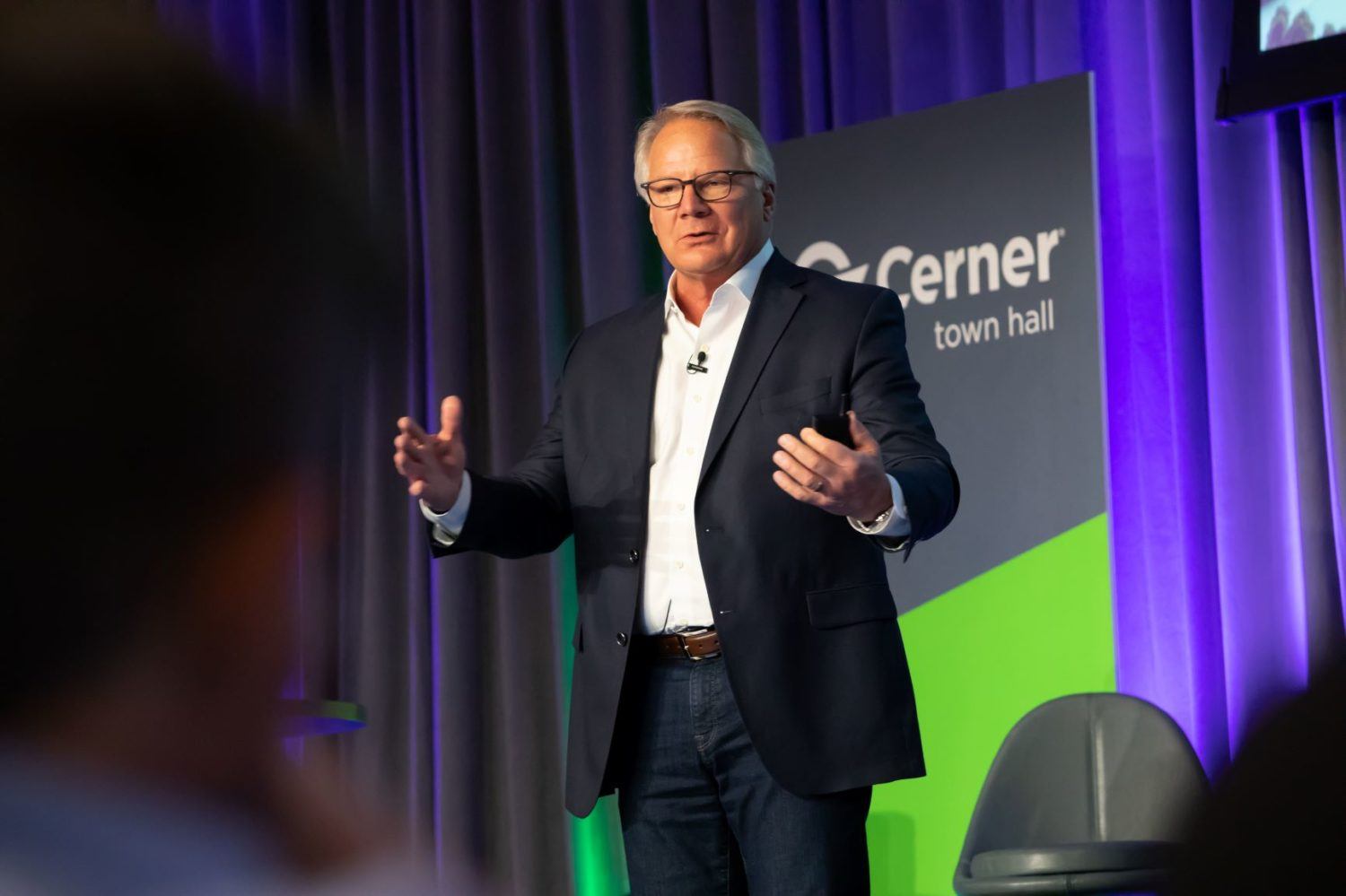
Virtually every business around the globe is contending with how to improve the consumer experience in an era of digitization. We live in a world where you can calculate the fastest route to your destination, order dinner to be delivered, have groceries loaded into your fridge, and livestream content from around the world – all from the palm of your hand. So why have we not seen the same strides in health care?
In part, because of the inability of patients to access and control their own data. Despite the great strides over the past decade of digitizing health care records, barriers remain in allowing the free flow and exchange of information. Consumers should have the right to access the health care information their providers have about them and dictate where they want it to go. Although existing laws allow patients to access their data, it doesn’t work. Thankfully, the Office of the National Coordinator for Health Information Technology (ONC) and Centers for Medicare and Medicaid Services (CMS) are advancing proposals to improve patient access and interoperability between health systems.
The passage of these rules has become needlessly controversial, opposition stemming largely by businesses that have financial interests at stake. This is especially frustrating as most health care providers, polled by Reaction Data, predict favorable impact from the rules’ release. Now is the time to support the government’s role as an enabler of private sector innovation and competition in its efforts to ensure patients’ rights to access their information.
Consider the financial industry. As a consumer, I own the rights to my personal financial information. With an ATM card, I can access my bank account at competitor banks around the world. I can elect to send my information to applications that help me manage my finances or enable me to send money easily to my friends. I’m protected in part by government regulations while also empowered to make the right choice for my own data and financial wellness. Yes, privacy is important in healthcare too, but the solution is not to restrict access, especially when we are dealing with life and death decisions.
By enabling consumers’ control of their health care information, we can help drive better health care outcomes, connecting data sources across a lifetime of care. Consider the recent spread of COVID19. Improved interoperability standards have the potential to improve pandemic responses, enabling easier telehealth treatments and improving analytics and intelligence to help providers contain spread.
Technology is also the strongest lever to curb the ever-increasing costs of health care, which CMS projects to reach $5 trillion by 2024. Through interoperability, the free flow of information – with patient consent – among health care providers, consumers, payers, and other parties, we can help reduce unnecessary and expensive tests and procedures, improve patient safety and also realize the true potential of artificial intelligence in improving health care.
As a global health care technology leader, Cerner Corporation has joined consumers and other companies in calling for these rules to be released. We believe the advancement of interoperability will drive innovation, competition and improved health outcomes. We are actively making our expansive data repositories more accessible—while encrypted and secure—so we can support our clients as they ensure the person at the center of health care is more empowered to determine who needs this data.
We strongly oppose any business practice that willfully prevents the flow of information. We believe empowering consumers is the right thing to do. We welcome the innovation that will be unleashed by open and interoperable health care data. As technology advances, there are new opportunities for digital products to support providers and individuals in managing their health and wellbeing.
We encourage the immediate release of the ONC and CMS interoperability rules because health care is too important to stay the same. And we believe that in a seamless and connected world, everyone thrives.
About Brent Shafer
As chairman of the board of directors and chief executive officer of Cerner, Brent Shafer focuses on growing and expanding Cerner’s market-oriented business units, consumer brand, key strategic relationships, and priority corporate initiatives.
Previously, chief executive officer of Philips North America, Shafer oversaw a health technology portfolio that included a broad range of solutions and services covering patient monitoring, imaging, clinical informatics, sleep, and respiratory care as well as a group of market-leading consumer-oriented brands. Shafer was also previously the chief executive officer of the global Philips Home Healthcare Solutions business.
